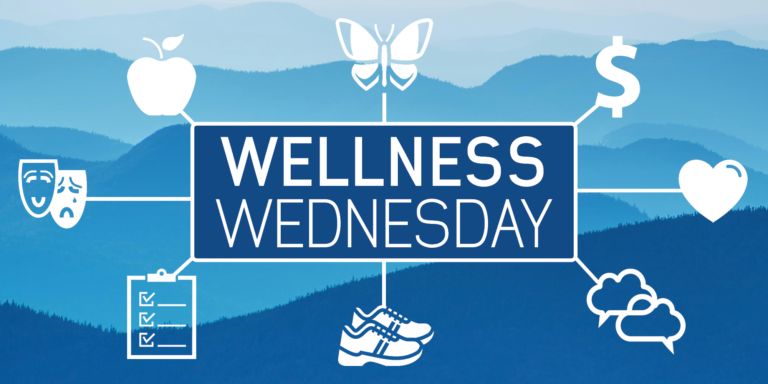 To help understand the concept of daylight saving time, many of us were taught to “fall back, spring forward.” Although an hour is neither truly gained or lost during the year, the beginning of daylight saving time on March 13 can have an effect on your health. Good sleep habits are an element to success and the effects of sleep deprivation can linger for days and weeks. To minimize the effects, you can make gradual adjustments.
To help understand the concept of daylight saving time, many of us were taught to “fall back, spring forward.” Although an hour is neither truly gained or lost during the year, the beginning of daylight saving time on March 13 can have an effect on your health. Good sleep habits are an element to success and the effects of sleep deprivation can linger for days and weeks. To minimize the effects, you can make gradual adjustments.
Good sleep wellness has several advantages including better learning and memory, metabolism and appetite control, improved cardiovascular health, decreased moodiness and agitation, immunity protection, and increased alertness and productivity.
Rachel Ziegler, M.D., is a physician in Sleep Medicine. She recommends these tips to manage the transition to daylight saving time:
- Go to bed 15 minutes early, starting several days before the change, and increase by 15 minutes every couple of nights. Make an extra effort to be well-rested the week before time changes.
- If you feel sleepy the Sunday after the change to daylight saving time, take a short 15- to 20- minute nap in the early afternoon — not too close to bedtime.
- Assess how a nap affects your sleep quality. For some, napping can make nighttime sleeping more difficult. For others, a short nap can be revitalizing without affecting nighttime sleep.
- Avoid sleeping longer in the morning.
Whether you’re springing forward, falling back, or just trying to feel more refreshed after the weekend, some suggestions for improved sleep include:
- Avoid electronics with blue lights, such as tablets and computers, within two hours of bedtime.
- Avoid caffeine after midday and keep alcohol consumption to a minimum.
- Go to sleep and wake up at the same time every day, with a goal of at least seven to eight hours of sleep.
- Exercise in the morning or afternoon instead of before bed.
- Remove stress from your bedroom by making it a work-free zone.
Each Wednesday, One Asheville features a resource or tip that can help in the development of intellectual, emotional, occupational, environmental, financial, spiritual, physical, or social wellbeing. Do you or your department have a recommendation for future articles? Email cbubenik@ashevillenc.gov with suggestions.
